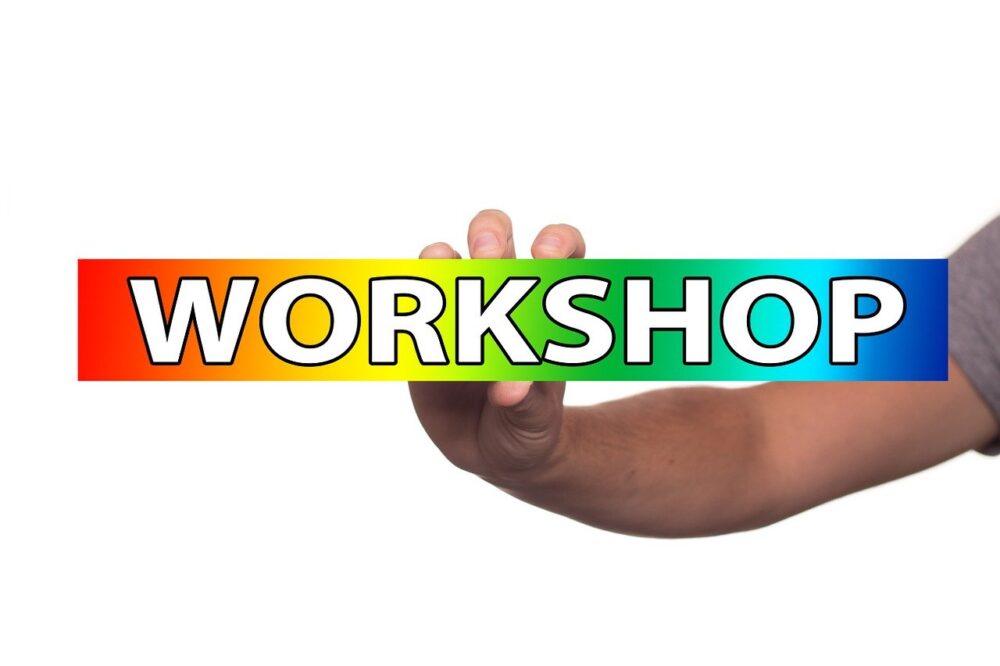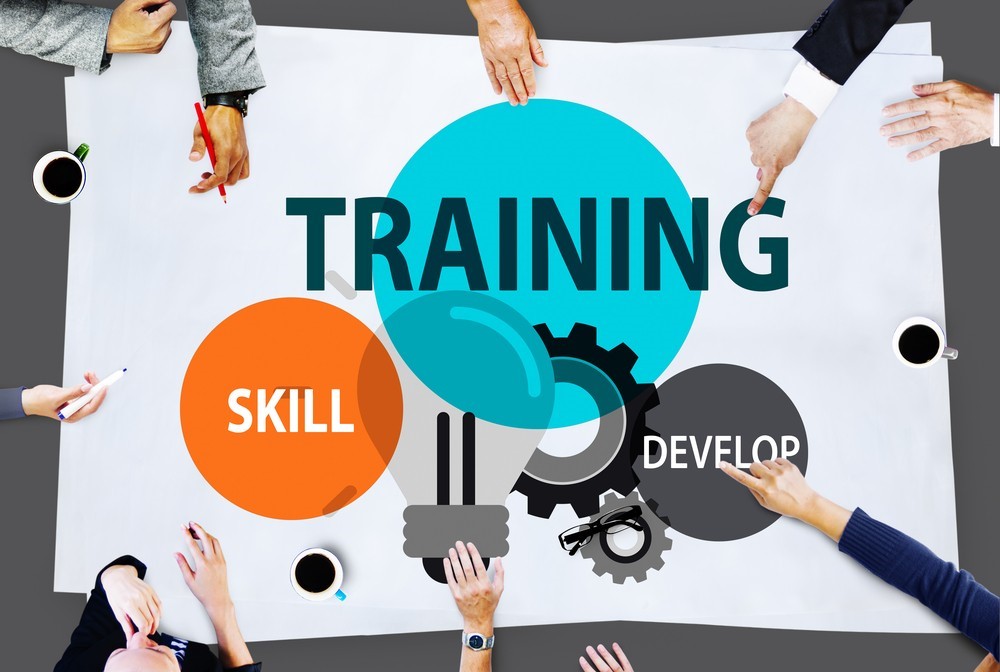
Maximize Your Job Search with Our Comprehensive Workshop Suite and Additional Workshops
Looking to boost your job search? Our “Job Search Workshop Suite” is designed to help you seamlessly integrate various job search strategies and skills over a 3-day course. By attending each workshop session, you’ll connect the dots between different aspects of the job search process, enhancing your overall effectiveness. Plus, we offer a range of additional workshops to complement and enhance your job search and career discovery journey.
Workshop Suite Overview:
Beyond the Postings (Job Search)
Discover how to tap into the 80% of jobs not advertised publicly. Learn to research labour market information and identify key local economic trends to find hidden job opportunities.
Participants say:
“Excellent! Great facilitator and guest speaker.”
“My next step will be using the information learned in this workshop to help me find employment.”
Resumes and Cover Letters
Master the art of crafting a resume and cover letter that make your skills and qualifications stand out. Gain insights into effective interviewing techniques in relation to your resume to ace your interviews and secure a job offer.
Participants say:
“I found this workshop to be very, very helpful.”
“I finished my resume and the help I received was over and above my expectations!”
“The instructor was very friendly and made me feel comfortable. I’m glad I attended.”
Job Search Strategies
Learn targeted job search strategies and how to use local labour market information to your advantage.
Interviews
Develop essential interviewing skills, from preparation to follow-up. Practice with mock interviews and get feedback to improve your performance.
Participants say:
“The instructor was great and always responded very knowledgeably to difficult questions.”
“This workshop opened my eyes to what I have to do to prepare for interviews.”
Wage Subsidy
Explore the Wage Subsidy Program to get on-the-job training while employers receive financial assistance. Call us at 250.248.3205 to see if you qualify.
Additional Workshops:
Personality Dimensions
Identify your work interests, strengths, and values to find occupations that align with your personality and career goals.
Participants say:
“Fun workshop!”
“Good information to take into every angle of life.”
Hot Leads
Kick-start your week with fresh job leads and strategies that local job seekers are finding effective.
Participants say:
“Hot Leads was very informative. I met some really great people, received some good tips and tricks, as well as leads from other attendees.”
“Well worth the time, plus it gave me hope meeting others and later hearing of their success in securing a job through a lead.”
Self Employment
Explore whether self-employment is right for you and learn about resources to support your business idea. Pre-register to receive the virtual session link.
Career Exploration
Understand yourself and use career decision-making techniques to find a career that suits you. Must meet with an Employment Consultant first.
By engaging in these workshops, you will build a comprehensive job search skillset and increase your chances of finding the right job.
Don’t miss out – register for our Job Search Workshops today!




